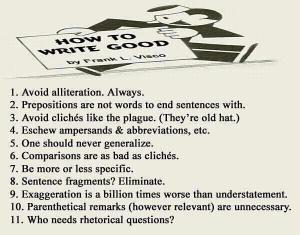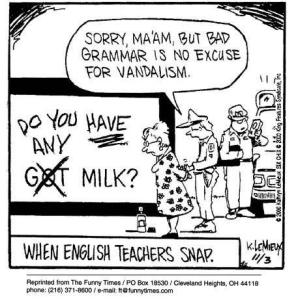tips from the little old schoolhouse
Archives
editor or proofreader?
The lines can seem blurry… what is the difference between proofreading and editing, you wonder, scratching your head.
Should you hire an editor or a proofreader for your manuscript (book)? Often writers with limited funds make decisions upon the fee quoted rather than on what they require for the project. These days agents and publishers expect a professionally edited and proofread manuscript. They also expect writers to promote their own books. It can seem confusing and daunting where to go and what to do next. You’ve written a draft or you’ve written and revised and edited and need a second pair of eyes to look at your material. Now what?
In this competitive world, it is important to know the difference between editing and proofreading and act accordingly.
The difference between the tasks of an Editor and a Proofreader can be compared to the services of a professional dog trainer such as Victoria Stilwell and a dog walker. The former has many years of practical experience, a multitude of resources, tools and techniques at her fingertips and invaluable connections in the book publishing industry, media and other related fields. Editing involves more time, energy and work and a broader range of skills, and can take longer to edit a piece of written material than it does to proofread. The latter is a task that involves checking for typos, grammatical mistakes, spelling errors, and punctuation. It takes a certain amount of practice, experience and training to proofread effectively. Proofreaders point out the errors according to a style guide usually.
An editor also proofreads plus rewrites material, makes suggestions for revisions, moving Chapter 23 to Chapter 1 or vice versa (move material around) and goes beyond checking for mechanical errors. An editor checks for readability, fact checks, and suggests additions and deletions to the material. An editor seeks to make sure that the artistic integrity of your written material is maintained. In other words, an editor has a grasp for the entire bigger picture while a proofreader focuses more narrowly upon words and sentences and paragraphs rather than the entire manuscript and its intended purpose.
An editor also is a creative partner, working closely with the writer. The editor seeks to fulfill the writers expectations of creating the best book possible while a proofreader has more of a piecemeal focus and approach.
Depending upon the goals, intention and expectations of the writer, ie, to produce a more polished piece of work in order to get it published, or to hone the material to take it to the next level, will determine whether an editor or a proofreader is the right person for the job at hand. So it is important for the writer to know the difference between the jobs to know what they require.
The ultimate responsibility to accept or reject each correction or edit is in the hands of the writer. Don’t skimp on your project by hiring a proofreader when you require the skill and expertise of an editor. And if you seek only proofreading services not editing, make that clear to the person that you hire.
If you have any questions or comments or experiences to share, please do tell. Thanks.


